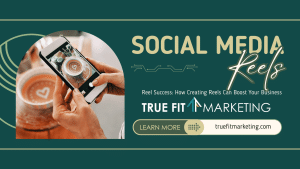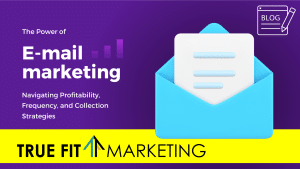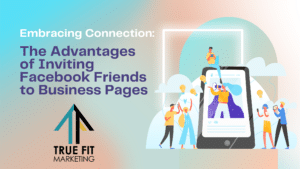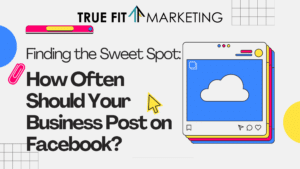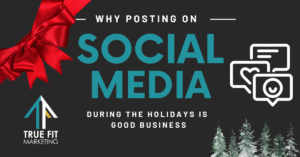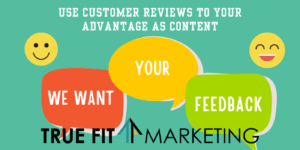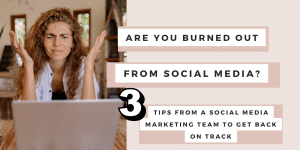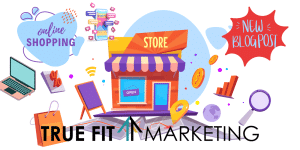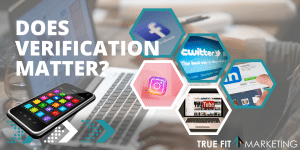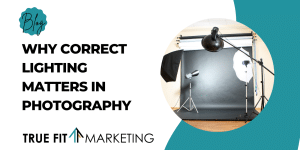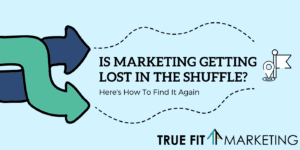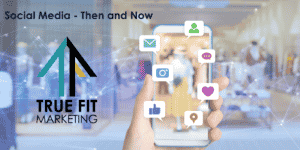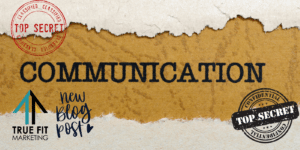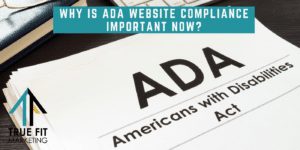
According to a 2019 study by the Journal of Marketing, ads that made people laugh were 30% more likely to be remembered than serious ads. The top ads ran during the big football game for the past four years all implement humor. From babies to animals, ads that make us laugh are ads that are memorable. They drive engagement, shares, and continued buzz for the brand. Humor is powerful, but how can advertisers and marketers determine what is funny and if it will work for their brand?
Know Your Audience
Using humor in marketing can be a powerful tool to grab the attention of your audience, make your brand more relatable, and create a positive emotional connection with potential customers. However, it’s important to ensure that the humor is appropriate for your target audience and aligns with your brand values and messaging. When done correctly, humor can differentiate your brand from competitors and leave a lasting impression on consumers.
The textbook rental service Chegg conducted a marketing study which found that nearly 80% of college-age individuals remember advertisements that are humorous. That number is huge for a marketer.
Humor can be subjective and what one person finds funny may not be as amusing to another. It’s important to consider your audience and tailor your humor to their preferences and sensibilities. This can help ensure that your humor is well received and doesn’t offend or alienate anyone.
 Is The Humor Relatable?
Is The Humor Relatable?
The field of psychology provides evidence that supports humor working in a marketer’s favor. Studies have shown that laughter can help people become more receptive to new ideas and different perspectives. It can also help to reduce tension and create a more positive atmosphere for communication.
Determining what is funny and whether it will work for a brand involves researching and understanding the target audience’s sense of humor, cultural context, and brand personality. Advertisers and marketers can conduct focus groups or surveys to gather this information and test their humor-based campaigns before launching them. It’s also important to consider potential risks and ensure the humor aligns with the brand’s values and messaging.
Making a joke within advertising has to come from a relatable experience from the viewer. Think about everyday occurrences in life. Cooking messes that need a specific cleaning product. A car issue that needs to be taken care of by a certain insurance professional. Chips that make you feel a certain way. Just random thoughts of everyday things that happen in life that can be looked at as funny and relatable.
Bonus tip – poking fun at your own brand may help make your brand even more relatable to your customers. Toilet paper companies love to do this!
Tread Lightly with Humor in the Beginning
Humor can help to break the tension and make people feel more comfortable in social situations. It can be a great tool for building connections and easing communication barriers. Jokes can be subjective and what one person finds funny, another may not.
It’s important to be mindful of our audience and use humor appropriately. Being edgy and pushing the boundaries of out of the box humor and marketing can be great, but it can also fail miserably. Being authentic to your brand and audience can create an ultimate win-win for everyone involved.
The Bottom Line
It is important to know your audience when using humor, and adjusting your approach to fit their preferences and values. Humor isn’t a one size fits all approach. Think about your favorite comedian. Their jokes may not be your buddy’s cup of tea, but guaranteed there is a comedian that he or she likes that you don’t. We are allowed to have our own opinions which is also why there are so many brands pushing similar items!
Humor is a universal and powerful way to connect with others and improve our overall well-being. So go ahead and give humor in your marketing a try and see what happens! You might just be surprised.

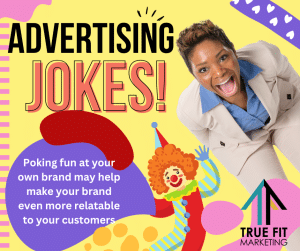 Is The Humor Relatable?
Is The Humor Relatable?

